 Xavier Lassalle
Interview
Xavier Lassalle
Interview
11/28/2016
Jean-Hervé Bradol
Marc Le Pape
Interview with Jean-Hervé Bradol and Marc Le Pape. The book is published by Manchester University Press and will be out in January 2017.
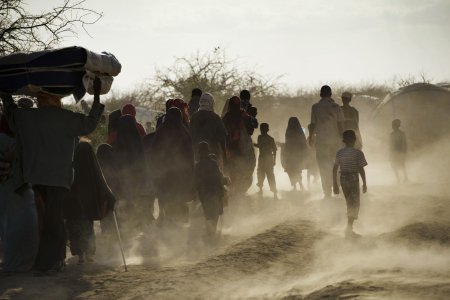 Lynsey Addario
Interview
Lynsey Addario
Interview
11/18/2016
Rony Brauman
Michaël Neuman
MSF Crash's directors of studies, Rony Brauman and Michaël Neuman talk about MSF's refugee camp experience.
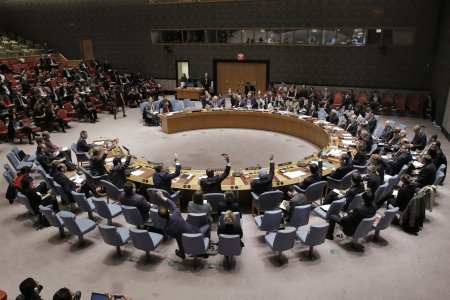 Paulo Filgueiras
Interview
Paulo Filgueiras
Interview
09/27/2016
Michaël Neuman
Fabrice Weissman
Interview with Michaël Neuman and Fabrice Weissman, research directors at Crash. On Wednesday 28 September, MSF is invited to attend a UN Security Council briefing on resolution 2286, adopted in May 2016, which strongly condemns attacks against medical personnel and establishments in conflict situations.
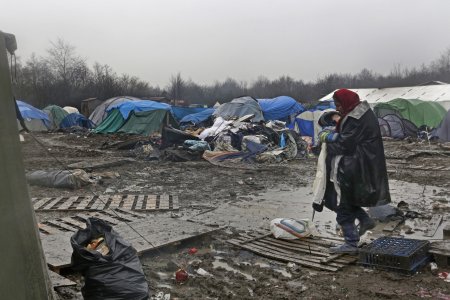 Jon Levy
Analysis
Jon Levy
Analysis
11/24/2016
Angélique Muller
Michaël Neuman
Cet article a été publié dans la revue Alternatives Humanitaires. Angélique Muller et Michaël Neuman opèrent un retour d'expérience sur l'action menée par Médecins Sans Frontières dans le cadre d'un projet d'assistance aux migrants dans la ville de Grande-Synthe.
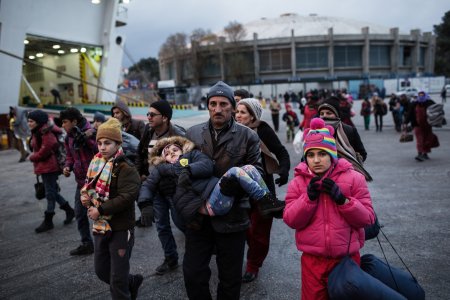 Konstantinos Tsakalidis
Opinion
Konstantinos Tsakalidis
Opinion
06/25/2016
Fabrice Weissman
On June 17, 2016,MSF announced that it will no longer accept funds from the European Union and Member States, as a sign of protest against the closure of European borders to migrants and asylum seekers.
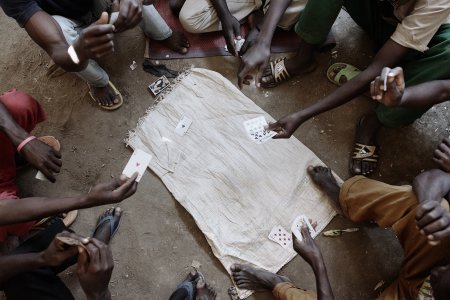 Luca Sola
Opinion
Luca Sola
Opinion
09/02/2016
Chris Lockyear
Pete Buth
At the core of humanitarian action is the notion of humanity between humans, which leads to an inherent and inevitable struggle with real moral dilemmas. It means showing solidarity to one person and having to explain to another why you can't make resources available to them.
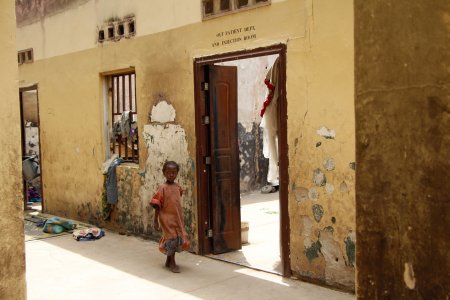 Benoit Finck
Opinion
Benoit Finck
Opinion
08/05/2016
Jean-Hervé Bradol
Jean-Hervé Bradol, director of studies at MSF-CRASH, discusses the humanitarian emergency left in the wake of Boko Haram's occupation of Borno State, Nigeria.
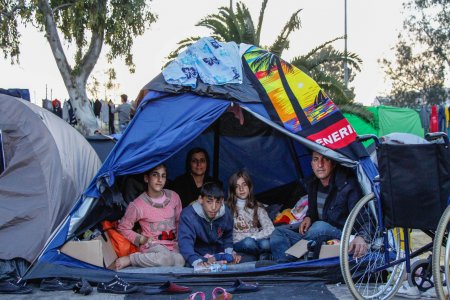 Mohammad Ghannam
Opinion
Mohammad Ghannam
Opinion
06/21/2016
Michaël Neuman
World Refugee Day will have served as a near universal reminder of the cynicism of European immigration and asylum policies: dissuasion that sacrifices thousands is the sole pillar of its policy for dealing with people fleeing war, persecution or untenable living conditions.
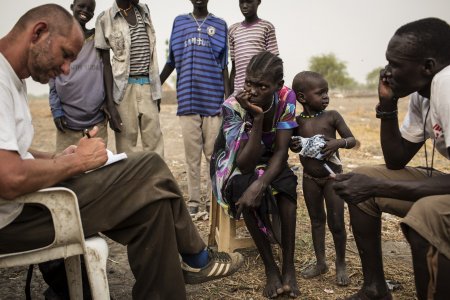 Siegfried Modola
Articles and blog
Siegfried Modola
Articles and blog
05/12/2016
Michaël Neuman
In "Saving Lives and Staying Alive: Humanitarian Security in the Age of Risk Management" Michaël Neuman and his colleague Fabrice Weissman analyze some of the drivers of professionalization in the context of humanitarian security and its subsequent impact on humanitarian practices through a collection of MSF case studies.
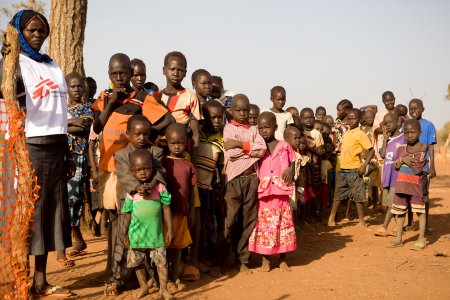 Karin Ekholm
Opinion
Karin Ekholm
Opinion
05/11/2016
Michaël Neuman
Fabrice Weissman
We welcome Abby Stoddard, Katherine Haver and Adele Harmer's response to our critical article on the production and the use of security data in the humanitarian sector and to our book in general. In a field that has been very much lacking debate, if not controversies, we're extremely glad to see a various range of readers engaging in the discussion.
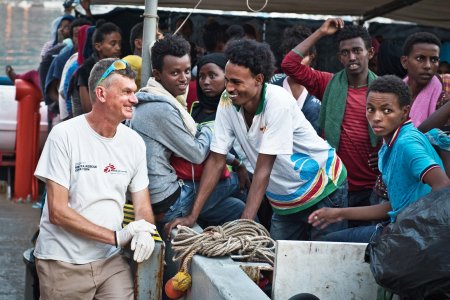 Sara Creta
Opinion
Sara Creta
Opinion
05/11/2016
Abby Stoddard
Adele Harmer
Katherine Haver
Michaël Neuman warns that misleading data are suggesting humanitarian aid work has become more dangerous, taking particular aim at the Aid Worker Security Database (AWSD) for helping perpetuate this myth.
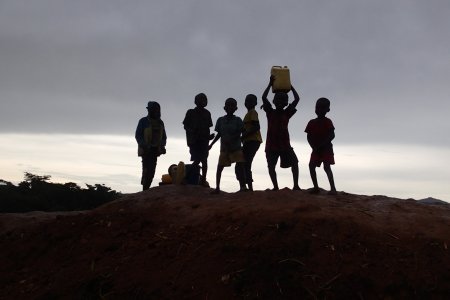 Opinion
Opinion
05/03/2016
Michaël Neuman
Michaël Neuman, co-editor of "Saving Lives and Staying Alive. Humanitarian Security in the Age of Risk Management" responds to Chris Lockyear and Andrew Cunningham's review of the book.
 Xavier Lassalle
Interview
Xavier Lassalle
Interview










